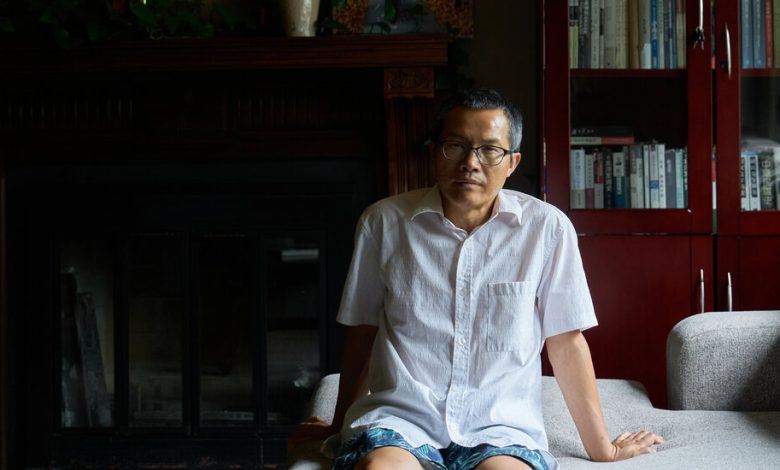New Tactic in China’s Information War: Harassing a Critic’s Child in the U.S.

Deng Yuwen, a prominent Chinese writer who now lives in exile in the suburbs of Philadelphia, has regularly criticized China and its authoritarian leader, Xi Jinping. China’s reaction of late has been severe, with crude and ominously personal attacks online.
A covert propaganda network linked to the country’s security services has barraged not just Mr. Deng but also his teenage daughter with sexually suggestive and threatening posts on popular social media platforms, according to researchers at both Clemson University and Meta, which owns Facebook and Instagram.
The content, posted by users with fake identities, has appeared in replies to Mr. Deng’s posts on X, the social platform, as well as the accounts of public schools in their community, where the daughter, who is 16, has been falsely portrayed as a drug user, an arsonist and a prostitute.
“I tried to delete these posts,” Mr. Deng said of the attacks online, speaking in Mandarin Chinese in an interview, “but I didn’t succeed, because today you try to delete and tomorrow they just switch to new accounts to leave attacking text and language.”
Vulgar comments targeting the girl have also shown up on community pages on Facebook and even sites like TripAdvisor; Patch, a community news platform; and Niche, a website that helps parents choose schools, according to the researchers.
The harassment fits a pattern of online intimidation that has raised alarms in Washington, as well as Canada and other countries where China’s attacks have become increasingly brazen. The campaign has included thousands of posts the researchers have linked to a network of social media accounts known as Spamouflage or Dragonbridge, an arm of the country’s vast propaganda apparatus.